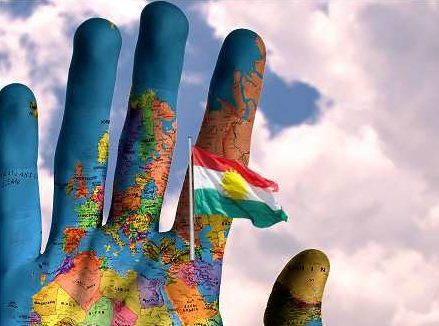There is a lot of understanding in Parliament regarding the Kurdish vote for independence yesterday, but the Danish politicians are split on whether the vote should be recognised.
Several parties, including Konservative and Enhedslisten, praised the vote, contending the Kurds deserve independence – providing it is thoroughly planned.
“The Kurds are the people in the Middle East who have been run roughshod over the most over the past 100 years,” Naser Khader, the Konservative spokesperson for foreign affairs, told DR Nyheder.
“They don’t owe the world much and they deserve independence at some point, but it must be done with consideration. I can’t see Iraq being one nation in 10-20 years.”
While Khader maintained that a plan must be made regarding the distribution of the oil in Iraq, Enhedslisten was clearer in its standpoint.
Nikolaj Villumsen, the spokesperson for foreign affairs, said the Kurds not only have a right to self-rule, but the vote for independence should also be recognised by Denmark.
READ MORE: The tabloids’ new darling is a female Danish-Kurdish sniper fighting IS
Dubious ramifications
Martin Lidegaard, the spokesperson for foreign affairs for Radikale, argued that while the Kurds were free to pursue legitimate political goals, the issue of a vote for independence was not so cut and dried.
“We won’t recognise the result of the vote, because there are many unknown factors. Everyone recognises the Kurdish desire for independence, but the question remains about how the situation can be sustainable politically and economically,” Lidegaard told DR Nyheder.
With just Israel supporting the Kurdish vote, it’s doubtful it will lead to anything concrete, and the Iraqi government has stated it will take necessary steps to ensure the nation remains intact.
CPH human rights debate
In related news, the Copenhagen Human Rights Debate 2017 will be held at the Queen’s Hall at the Royal Library on Thursday from 15:00 to 18:00.
The debate, which will be held in English and concern reforms of women’s rights in the Middle East, is being held by the Danish Institute for Human Rights in collaboration with the Danish Arab Partnership Programme, Kvinfo and the Danish Foreign Policy Society.
Those interested can sign up to attend the debate here. See the debate agenda below.














